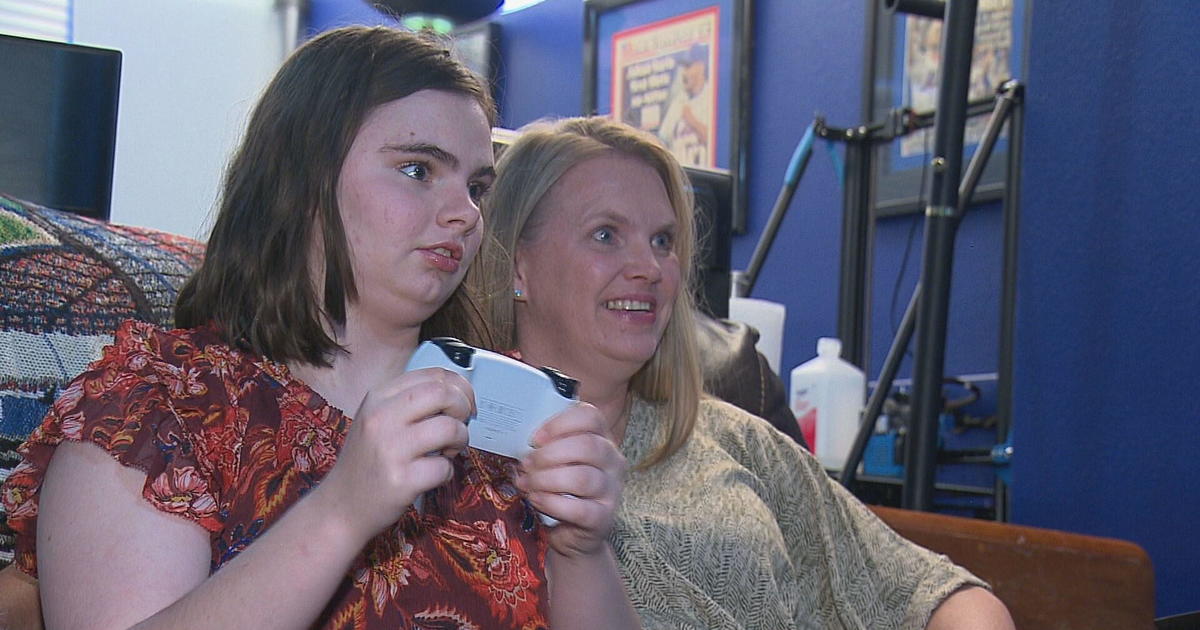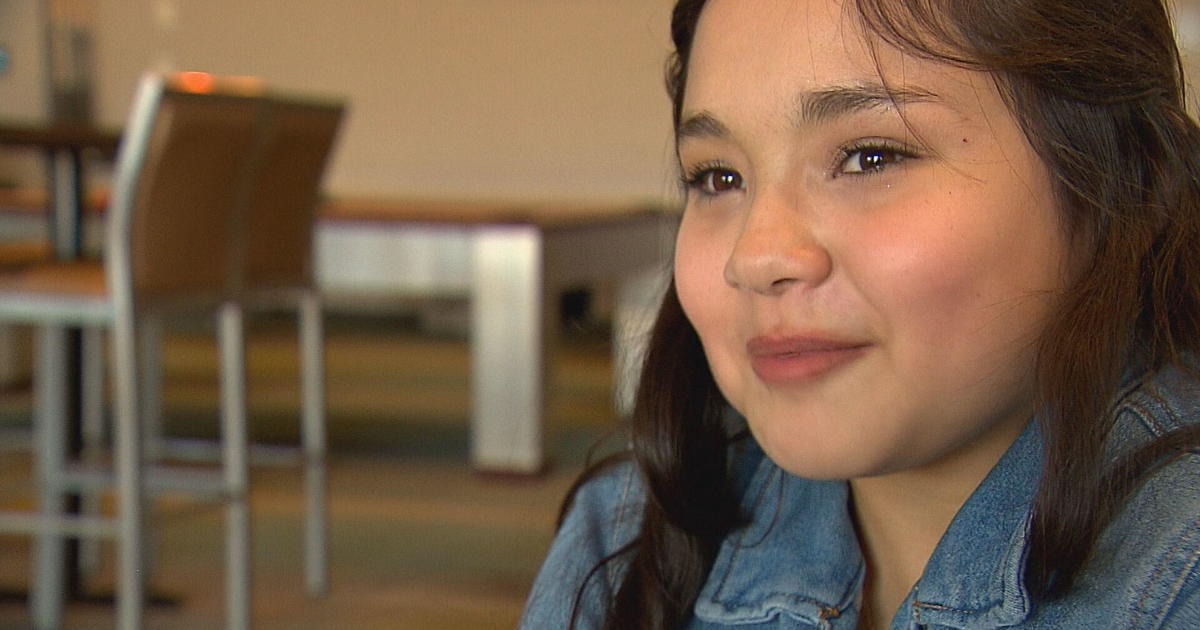Ridgeway Case Prompts Parents To Teach Kids More About Self Defense
WESTMINSTER, Colo. (CBS4) - The abduction and murder of Jessica Ridgeway is a crime that affected the entire community. Parents have held their children tighter, neighbors have been more neighborly, and most people have kept their eyes open even wider to danger in their communities.
Even though children are much smaller than adults, experts are teaching children that they have weapons to use. They have legs to kick and run, they have hands to hit and scratch, and they have a mouth to scream.
"My name is Jay Charness … I run an organization called APE, which stands for Avoiding Predators Everyday," Charness said told a group of parents who packed into a gym near the Westminster neighborhood where Ridgeway was abducted.
The families have become victims of circumstance.
"We're not in this little bedroom community that I thought we were," parent Kristine Simon said.
"It's been horrible," parent Carla Mormon said.
Parents and children are scared.
"It was way too close to home," 10-year-old Bailey Simon said.
"I lay in bed thinking of all the bad things that can happen to my family and me and it makes me really emotional," 10-year-old Kaylee Mormon said.
"We have to wake up. We have to do what we have to do," Carla Mormon said.
So the parents and children want to learn more about self defense.
"There are good strangers and there are bad strangers," Charness told the class. "But if we put the all strangers in one room, we don't know which are good and which aren't."
The lesson begins with two rules about who is a "stranger."
"If you don't know them and you haven't been given permission to talk to them," Charness said.
Experts say predators lure children with the same tricks used for years.
"'I lost my puppy.' 'I need directions somewhere.' It might be, 'I have some candy.' 'I've got a video game.' The, 'Oh, I know your name.' It could be, 'Oh, your mom's in the hospital, I need you to come with me.' Same we've seen for years because they work with kids," Charness said.
Children are taught not to ignore a stranger, but keep a safe distance -- at least two to five steps away; and to say one simple line when approached.
"I can't help you. I don't talk to strangers," Charness said.
Parents might have to rethink what they've been teaching their children.
"We always teach them not to be rude, and yet now it's to the point where you have to be rude sometimes," Carla Mormon said. "You have to just say, 'That's not okay, I don't want to talk to you."
"Studies show that if a kid obviously knows what they're doing and not an easy target, then they'll typically go elsewhere," Charness said.
But if the person doesn't go away, teach children their arms, legs and mouth are a tool.
"If a child is actually grabbed, we'll teach them to go on the ground and to maybe even wrap sometimes themselves around somebody. Make it very difficult to be taken somewhere," Charness said.
If they can get to the ground, they likely can roll away and then run away, according to Charness. If grabbed from behind, he says to climb down the person's leg, use the pants to grab to get to the ground and roll away. Or, bear hug on the predator's leg, and then using body weight backwards, pull them down to the ground as well.
But Charness tells parents the goal is to prevent ever getting grabbed, which is why the most important tool a child has is the power of conversation.
"Your instinct are your body's alarm clock," Charness said. "To harvest those instincts; to make sure their kids know if something doesn't feel right, it's not right, and that they have the power and control to say 'no.' "
The experts say practice makes perfect. The more practice and talk with children about being aware, the more of a habit it will become to them.



